There are such important and amazing lessons that you and your teen will learn when you read Pilgrim’s Progress.
“Next to the Bible, the book I value most is John Bunyan’s ‘Pilgrim’s Progress.’” – Charles Spurgeon
“This book will make a traveler of thee…” – John Bunyan
Why bother reading a 300-year-old fiction book written by an uneducated tinkerer in a jail cell?
The Pilgrim’s Progress from This World to That Which Is to Come was written by Puritan pastor John Bunyan in 1678, and remains to this day one of the best-selling Christian books of all time.
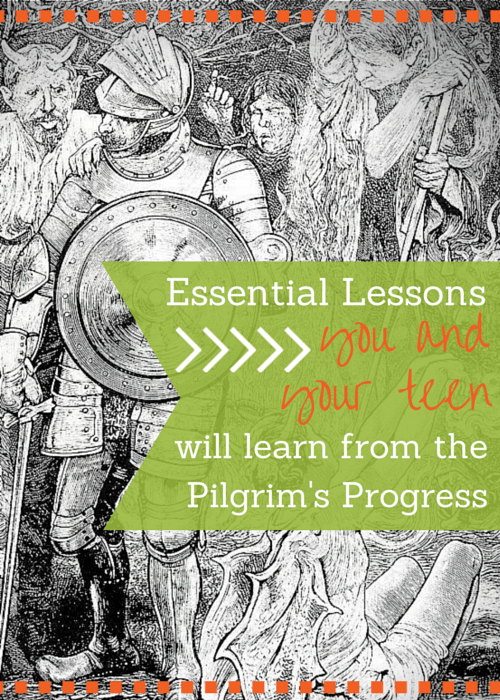
What is Pilgrim’s Progress?
Pilgrim’s Progress is an allegorical story of a believer’s journey to heaven. It follows various characters on their journey from their hometown, City of Destruction, to their destination, the Celestial City. The story contains many theological themes, but above all, it teaches the path to ultimate salvation and the obstacles Christians face on the journey to God.
Lessons Learned When You Read Pilgrim’s Progress
Without a doubt, some of the most memorable characters in the book are the villains—the characters who either make it hard for the travelers or are wayward travelers themselves. This is why I recently wrote Foes, Fiends, and Failures: A Study of the Bad Guys of Pilgrim’s Progress.

- Apollyon – This foul, fire-breathing beast attacks travelers on the road, trying to claim ownership of them. (Lesson Learned: Satan often tries to convince us our faith in Christ or Christ’s love for us is not real.)
- Giant Despair – This giant lives in Doubting Castle, torturing travelers in his dungeon and eventually blinding them. (Lesson Learned: Some Christians doubt their salvation because of sin in their lives, and they can fall into depression.)
- Worldly Wiseman – This false teacher tries to lead travelers astray by giving them directions to the village of Morality. (Lesson Learned: Some believe we only need to live a moral life and we’ll be free of our guilt and be right with God.)
- Lord Hate-good – This character is the judge at the courthouse next to Vanity Fair who sentences travelers to death when they violate the laws of the city. (Lesson Learned: The values of christianity and the world are fundamentally at odds with each other, and this can lead to persecution or even death.)
- Pliable – This weak-willed character gets trapped in the Swamp of Depression, gives up, and goes back home. (Lesson Learned: Some are exposed to Christianity and see it only as depressing religion of shame, guilt, and condemnation.)
- Talkative – This character seems like a great traveling companion at first, but he is all talk. In truth, he is prayerless, drunk, harsh, and deceptive. (Lesson Learned: Real faith and real conversion leads to action and a changed life.)
- Shame – This sniveling character walks close to other travelers, whispering in their ears, trying to convince them that their journey is only for the weak, unsophisticated, and poor. (Lesson Learned: The world often tries to convince believers that all that matters is respect from others, and Christianity will only bring ridicule.)
You’ll meet many more characters as well in Bunyan’s story.
You can get our study here: Find out more.
Glowing Endorsements of Pilgrim’s Progress
Despite the skepticism some had about Pilgrim’s Progress when it came out, it has endured as a Christian classic for centuries. Pilgrim’s Progress has had a very wide readership. It has been translated into more than 200 languages. It has been said that no English Christian text, except the King James Bible, has had the widespread readership of Pilgrim’s Progress.
- Baptist preacher Charles Spurgeon said, “Next to the Bible, the book I value most is John Bunyan’s ‘Pilgrim’s Progress.’ I believe I have read it through at least a hundred times. It is a volume of which I never seem to tire; and the secret of its freshness is that it is so largely compiled from the Scriptures.”
- Literary critic Samuel Coleridge said, “I know of no book, the Bible excepted, as above all comparison, which I, according to my judgment and experience, could so safely recommend as teaching and enforcing the whole saving truth according to the mind that was in Christ Jesus, as in The Pilgrim’s Progress.”
- The Cambridge History of English Literature very beautifully says, “[I]t is no mere poetical figure to say, as has been said, that [The Pilgrim’s Progress] follows the Bible from land to land as the singing of birds follows the dawn.”
- Pilgrim’s Progress has even been praised for its literary style. It was one of Benjamin Franklin’s favorite books because of the engaging way Bunyan mixed narration and dialogue—something unique for Christian writings in the days of the Puritans.
- Literary critic and playwright George Bernard Shaw believed Bunyan was a better character artist than even William Shakespeare.
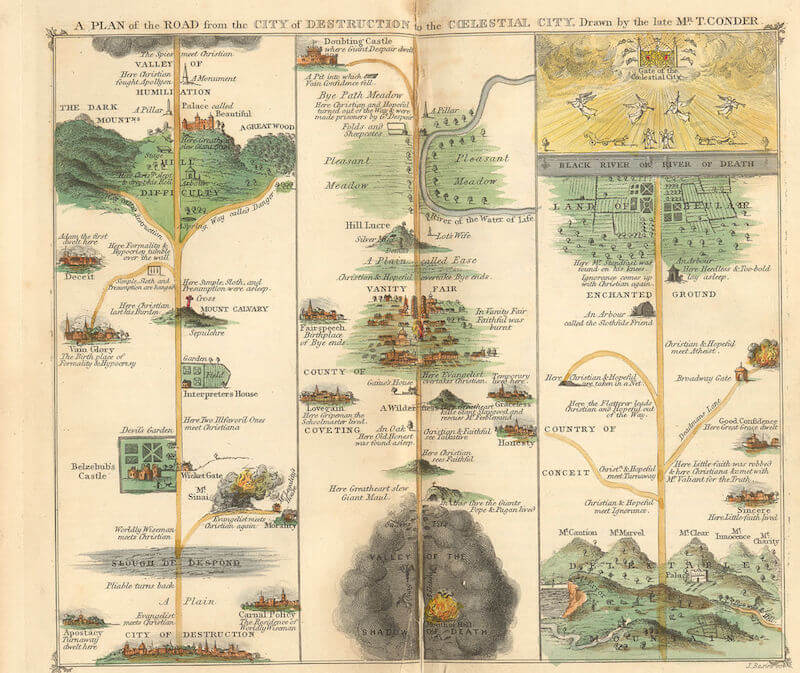
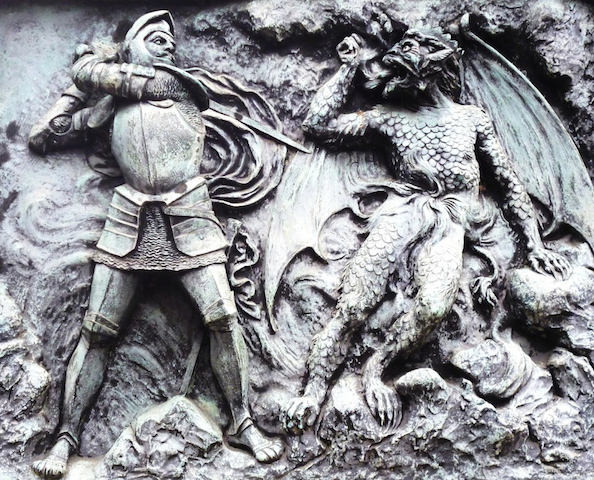
Photo credit: landschaft
Have you and/or your children read Pilgrim’s Progress?
Tell me about the most important lessons you learned from reading Pilgrim’s Progress in the comments below!

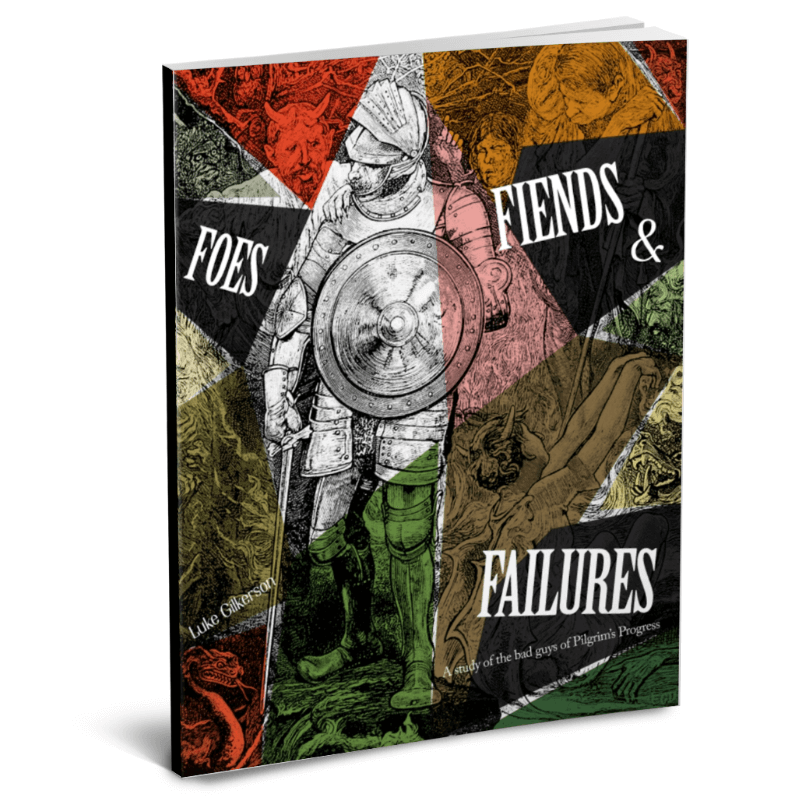


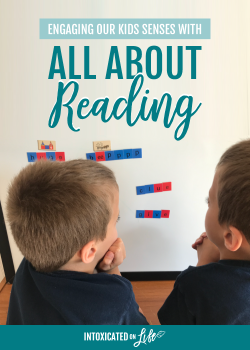


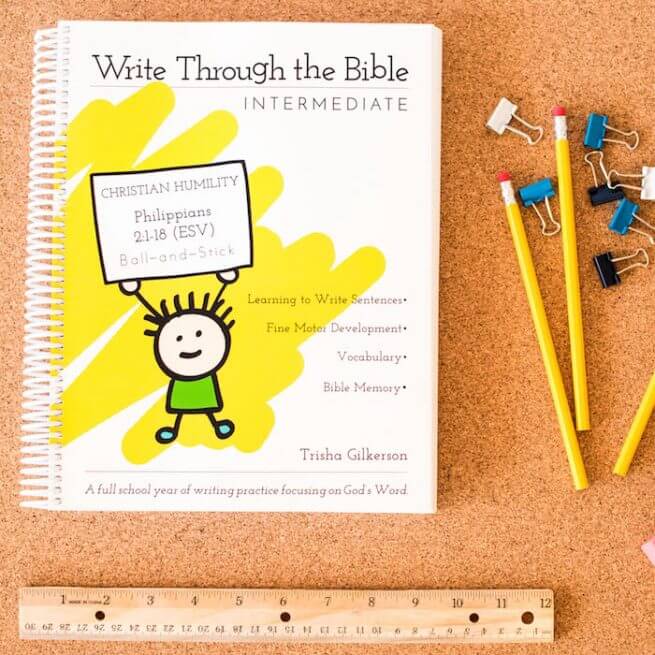
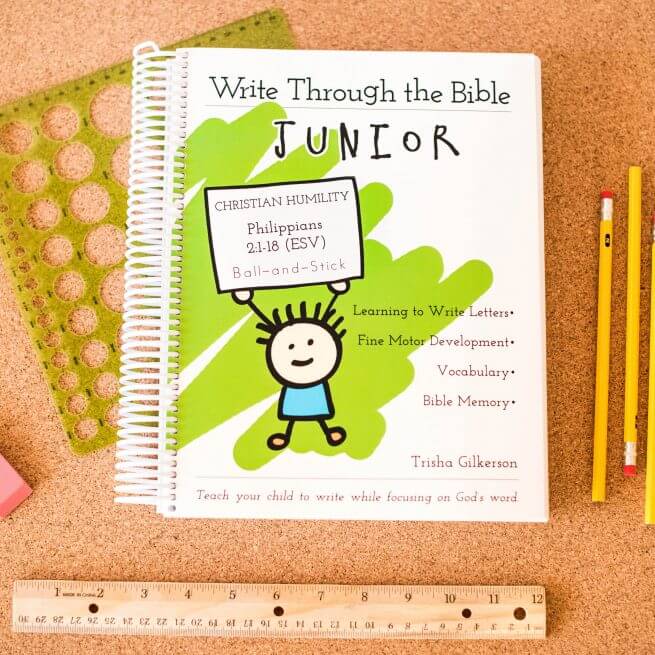


Leave a Comment